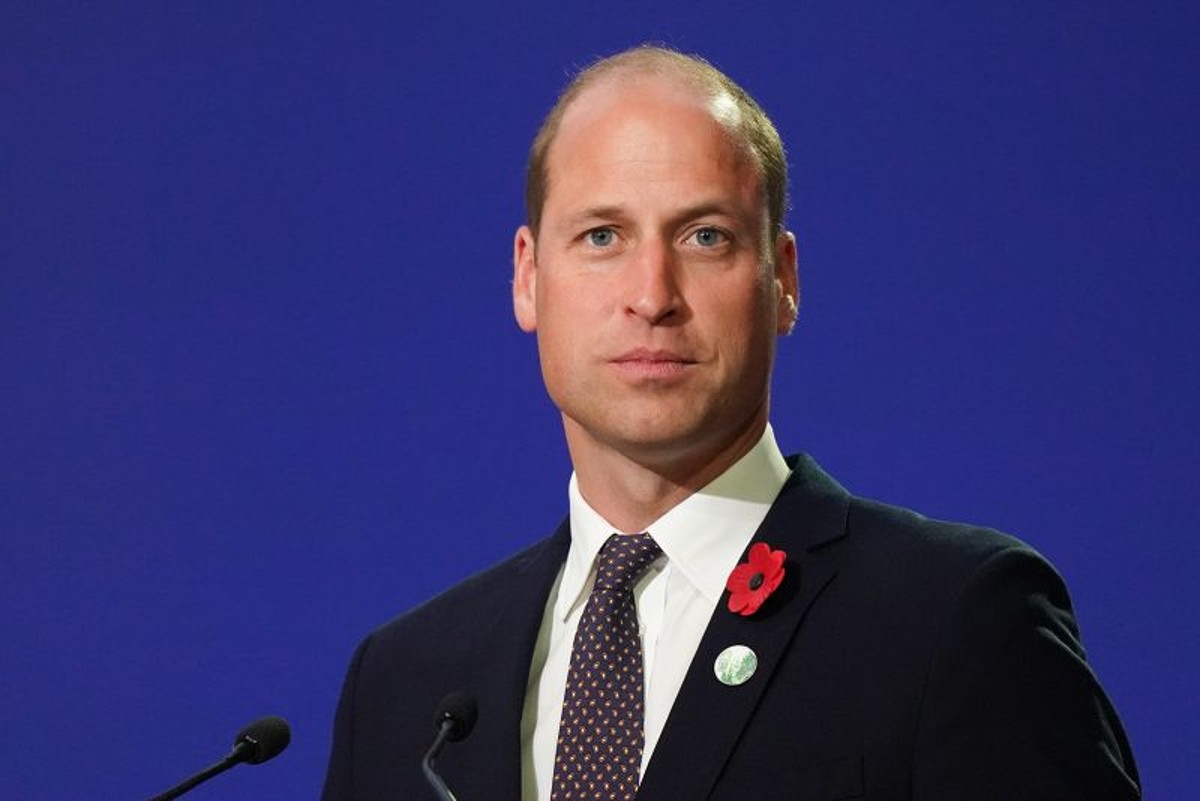Queen Elizabeth II: how much was her fortune?
0:53
London (CNN Business) --
Royal wills are never made public.
That means what happens to much of Queen Elizabeth II's personal wealth after her death will remain a family secret.
Queen Elizabeth II's fortune: how much money did she really have?
Forbes last year estimated the late monarch's personal fortune at $500 million, made up of her jewelry, her art collection, investments and two residences, Balmoral Castle in Scotland and Sandringham House in Norfolk.
The queen inherited both estates from her father, King George VI.
"[Royal wills] are hidden, so we have no idea what's in them and what they're worth. And that's never made public," said Laura Clancy, a media professor at Lancaster University and author of a paper. book on real finance, to CNN Business.
But the bulk of the royal family's fortune — totaling at least £18 billion ($21 billion) in land, property and investments — is now on a centuries-old path to the new monarch and his heir.
The order of succession makes Prince William, first in line to the British throne, a much richer man.
advertising
The future king inherits from his father the private estate of the Duchy of Cornwall, which owns an expanding portfolio of land and estate covering almost 566 square kilometres, most of it in south-west England.
Created in 1337 by King Edward III, the estate is worth about 1 billion pounds sterling ($1.2 billion), according to its accounts for the last fiscal year.
Income from the estate is "used to finance the public, private and charitable activities" of the Duke of Cornwall, his website says.
That title is now held by Prince William.
Balmoral Castle in Scotland is part of the private fortune of the late Queen Elizabeth II.
By far the largest slice of the family fortune, the 16.5 billion pound ($19 billion) Crown Estate, now belongs to King Charles as the reigning monarch.
But under an agreement dating back to 1760, the monarch gives all the proceeds of the inheritance to the government in exchange for a portion, called the Sovereign Grant.
The property includes vast tracts of property in central London and the sea floor around England, Wales and Northern Ireland.
It has the status of a corporation and is managed by an executive director and commissioners—or non-executive directors—appointed by the monarch on the recommendation of the prime minister.
In the last fiscal year, it generated a net profit of nearly 313 million pounds sterling ($361 million).
From that, the UK Treasury paid the queen a sovereign grant of 86 million pounds sterling ($100 million).
That equates to £1.29 (US$1.50) per person in the UK.
Most of this money is spent on maintaining the royal family's estates and paying their staff.
The Sovereign Grant is usually equivalent to 15% of the estate's profits.
But, in 2017, the payment increased by as much as 25% over the next decade to help pay for Buckingham Palace renovations.
King Charles also inherits the Duchy of Lancaster, a private estate dating back to 1265 that was valued at about 653 million pounds sterling ($764 million) according to his most recent accounts.
His investment income covers government costs not covered by the Sovereign Grant and helps support other members of the royal family.
restrictions apply
Despite the large sums, the monarch and his heir are restricted in how much they can personally benefit from their fortunes.
The king can only spend the Sovereign Grant on royal duties.
And neither he nor his heir can benefit from the sale of assets in his duchies.
Any profit from the disposals is reinvested in equity, according to an explanatory published by the Institute of Government (IfG, for its acronym in English).
The UK Treasury must also approve all large property transactions, the IfG said.
Still, unlike the Sovereign Grant generated by the Crown Estate, both dukedoms are private sources of wealth, meaning their owners are not required to give any details beyond reporting their income, the IFG said.
Regent Street in London during the pandemic lockdown.
The main shopping street is owned by the Crown Estate.
Last year, King Charles, then the Duke of Cornwall, paid himself 21 million pounds sterling ($25 million) from the estate of the Duchy of Cornwall.
Neither Prince William nor King Charles are required to pay any kind of tax on their assets, although both dukedoms have voluntarily paid income tax since 1993, according to the IfG.
That move came a year after the royal family faced heavy criticism for planning to use public money to repair Windsor Castle, which had been damaged in a fire, Clancy said.
"Of course, the voluntary income tax [is] not a flat rate, and they don't have to report on how much income their taxes are generating. So it's really like pulling a number out of thin air," Clancy said.
Buckingham Palace did not immediately respond to CNN Business when contacted for comment.
Can King Charles III cede the throne to Prince William?
2:12
Fortune of Queen Elizabeth II Prince William King Charles III

